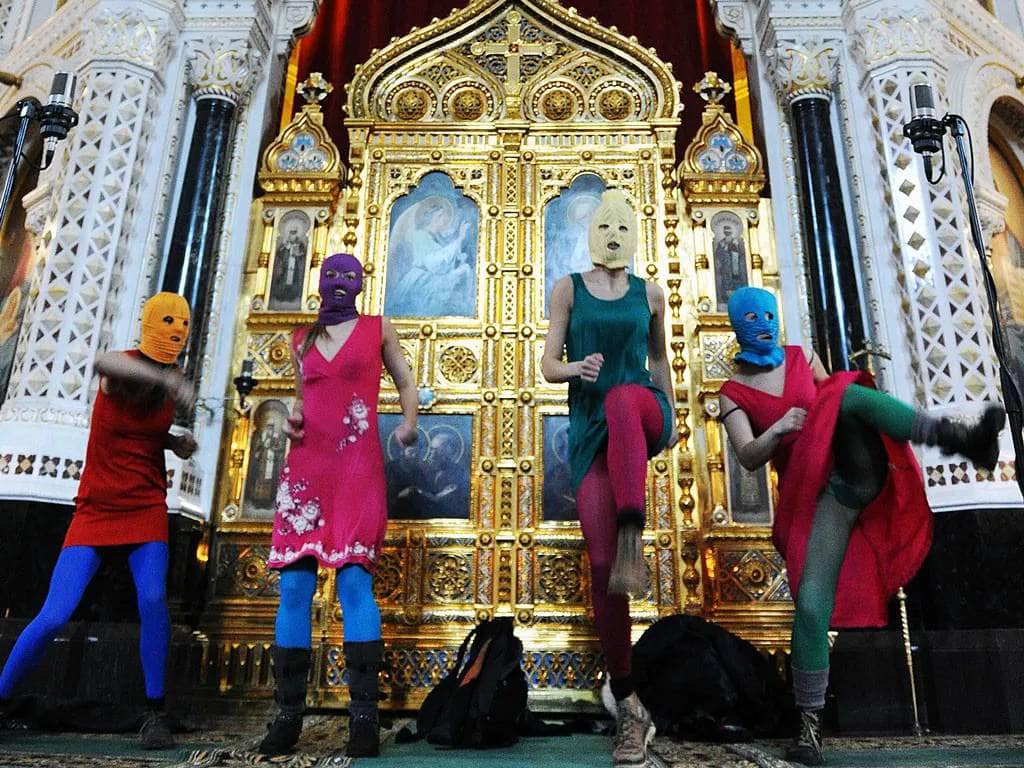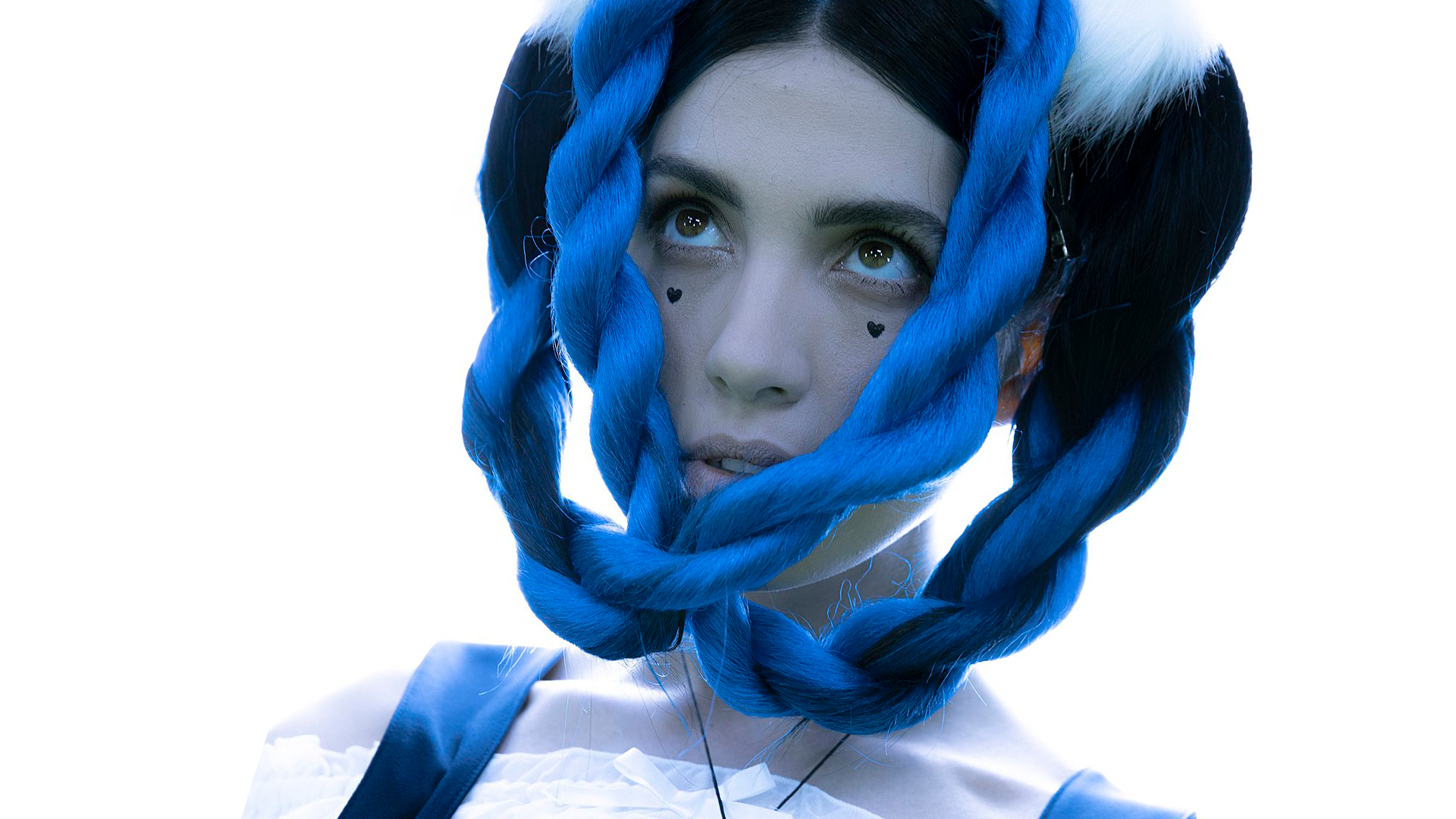Pussy Riot: The Bold And The Hopeful

In her new CIRCA 20:23 commission, ‘Nadya Means Hope,’ the artist and activist Nadya Tolonnikova reckons with how artistic gestures can achieve so much more than just aesthetic pleasure.
“I know that so many people in Russia actually want to choose the Western way of living. Which is more pleasant and civilised. I mean, I wouldn’t say civilised, fuck this word, more pleasant, to me personally. I’m not gonna get shot in the street for expressing my freedom of speech, right?” – said artist and activist Nadya Tolokonnikova, who was jailed in 2012 with two other members of Pussy Riot after they staged a protest against the Russian Orthodox Church’s and the Russian government. Tolonnikova traces back to me the rich Russian feminism history, with women fighting and successfully achieving the right to vote in 1917, following the revolution. The early socialist government also implemented progressive reforms for gender equality. However, with the rise of Stalinism, the government became violent, oppressive, and patriarchal. Tolokonnikova sees echoes of the early feminist movement in Russia today.
